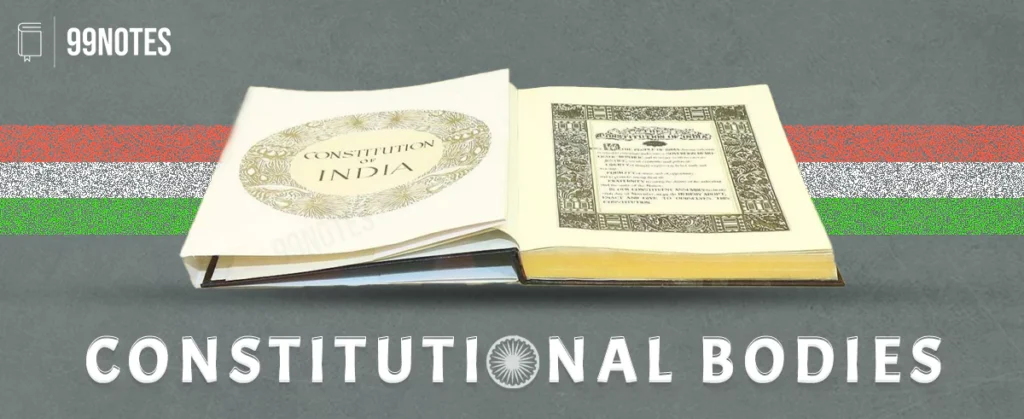
Constitutional Bodies
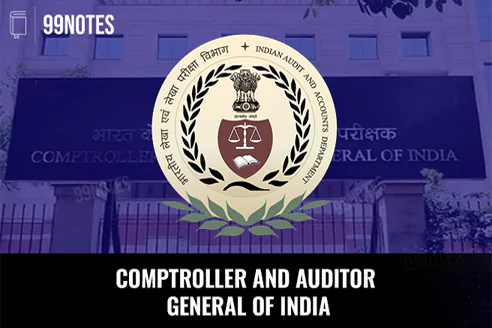
1. Comptroller and Auditor General of India
Article 148 of the Indian Constitution provides for the office of the Comptroller and Auditor General of India (CAG). It acts as the custodian of the public funds, overseeing the entire financial framework of the country at both levels- the Centre and the State.

2. Election Commission
A political party is a group of people who share common values, ideology and goals and come together to contest elections and form government. In comparison, Pressure groups or interest groups are organised associations, unions or organisations of people who share common interests.
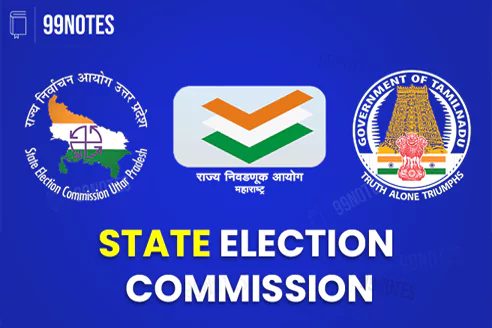
3. State Election Commission
The State Election Commission is an autonomous and constitutional body authorized to conduct elections for local governance, which includes the rural Panchayati Raj Institutions and the Urban Local Bodies.
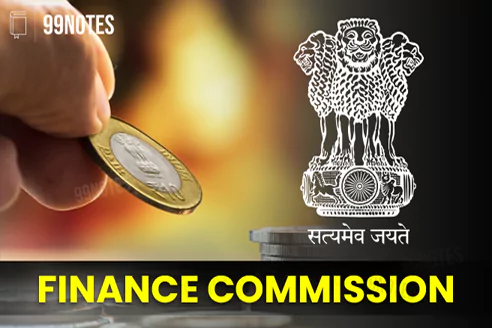
4. Finance Commission
Article 280 of the Constitution of India provides for a Finance Commission, a quasi-judicial body that recommends principles by which fiscal horizontal and vertical balance can be maintained in the India’s Fiscal Federal Structure.
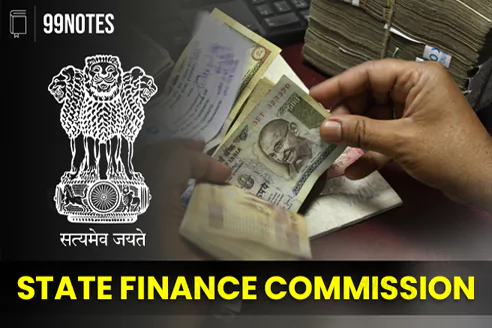
5. State Finance Commission
State Finance Commission aims to maintain fiscal federalism between state Government and Local bodies. The State Finance Commission is constituted based on the Constitutional requirement in Article-243 (I) and 243 (Y)
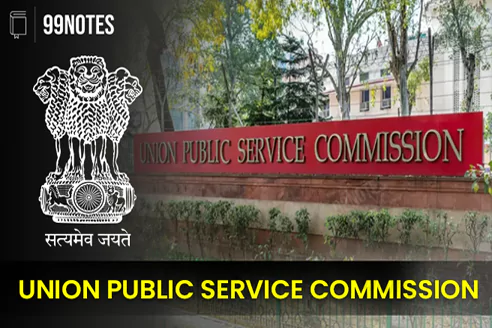
6. Union Public Service Commission
In a democratic government, civil service is a crucial institution responsible for assisting the political executive in the country’s governance. The task of selecting the right individual to be recruited for the country’s highest service is vested in the Union Public Service Commission (UPSC).
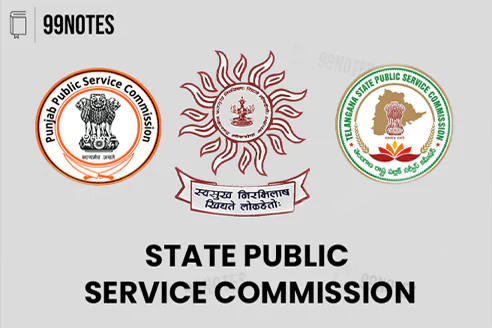
7. State Public Service Commission
Civil servants play an important role in the administration and governance of the country. They assist political executives in various day-to-day activities and policy-making processes. It is imperative that the recruiting process for civil servants into government service must be effective, impartial and merit-based.
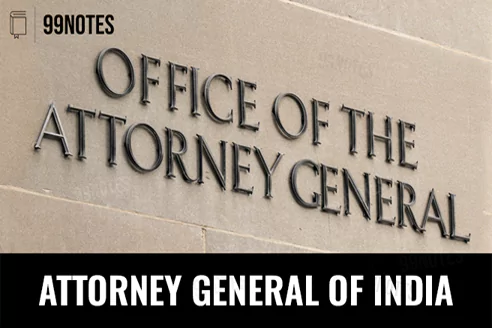
8. Attorney General of India
The Attorney General (formerly known as Advocate General) is the highest law officer of the Government of India. The Office of Advocate General is mentioned under Article 76 of the Constitution of India.
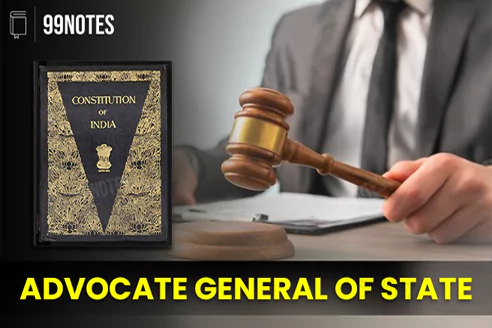
9. Advocate General of State
The office of the advocate general for the state is mentioned in the constitution under Article 165. He is the senior law officer for the State Executive. Thus, he is equivalent to the Attorney General of India in the state.
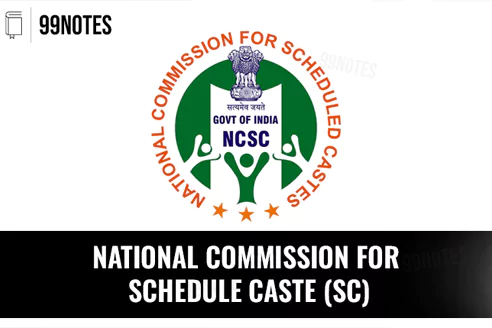
10. National Commission for Schedule Caste (SC)
Civil servants play an important role in the administration and governance of the country. They assist political executives in various day-to-day activities and policy-making processes.
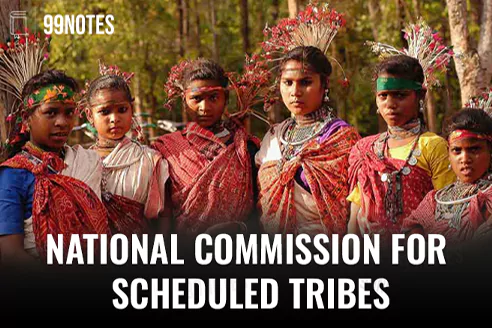
11. National Commission for Scheduled Tribes
The National Commission for Scheduled Tribes (NCST) was added to the Constitution under Article 338A by the 89th Constitutional Amendment Act, 2003, to safeguard the rights of the Scheduled Tribes.

12. National Commission for Backward ClassesSC)
The term Other backward class denotes the castes that are educationally or socially backward or disadvantaged (other than scheduled castes and scheduled tribes).
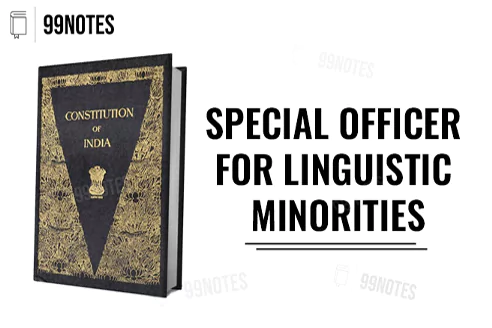
13. Special Officer for Linguistic Minorities
The Word linguistic minorities have not been defined in the Constitution of India. However, Linguistic minorities can be understood as any group or groups of people whose mother tongues are distinct from the principal language of the State and at the district and tehsil level, etc.
- Constitutional Bodies
- 1. Comptroller and Auditor General of India
- 2. Election Commission
- 3. State Election Commission
- 4. Finance Commission
- 5. State Finance Commission
- 6. Union Public Service Commission
- 7. State Public Service Commission
- 8. Attorney General of India
- 9. Advocate General of State
- 10. National Commission for Schedule Caste (SC)
- 11. National Commission for Scheduled Tribes
- 12. National Commission for Backward ClassesSC)
- 13. Special Officer for Linguistic Minorities

